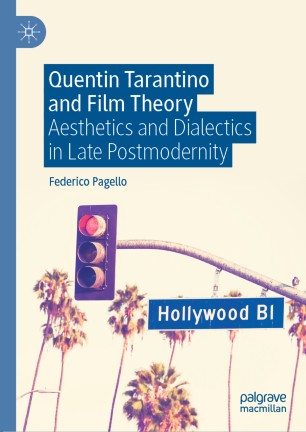

Most ebook files are in PDF format, so you can easily read them using various software such as Foxit Reader or directly on the Google Chrome browser.
Some ebook files are released by publishers in other formats such as .awz, .mobi, .epub, .fb2, etc. You may need to install specific software to read these formats on mobile/PC, such as Calibre.
Please read the tutorial at this link: https://ebookbell.com/faq
We offer FREE conversion to the popular formats you request; however, this may take some time. Therefore, right after payment, please email us, and we will try to provide the service as quickly as possible.
For some exceptional file formats or broken links (if any), please refrain from opening any disputes. Instead, email us first, and we will try to assist within a maximum of 6 hours.
EbookBell Team

4.3
78 reviewsThis book examines a set of theoretical perspectives that critically engage with the notion of postmodernism, investigating whether this concept is still useful to approach contemporary cinema. This question is explored through a discussion of the films written and directed by Quentin Tarantino, largely regarded as the epitome of postmodern cinema and considered here as theoretical contributions in their own right. Each chapter first presents key ideas proposed by a specific theorist and then puts them in conversation with Tarantino’s films. Jacques Rancière’s theory of art is used to reject postmodernism’s claims about the ‘death’ of the aesthetic image in contemporary cinema. Fredric Jameson’s and Slavoj Žižek’s dialectical thinking is mobilized to challenge simplistic, ideological readings of postmodern cinema in general, and Tarantino’s films in particular. Finally, the direct influence of Carol Clover’s psychoanalytical approach to the horror genre on Tarantino’s work is discussed to prove the director’s specific contribution to a theoretical understanding of contemporary film aesthetics.